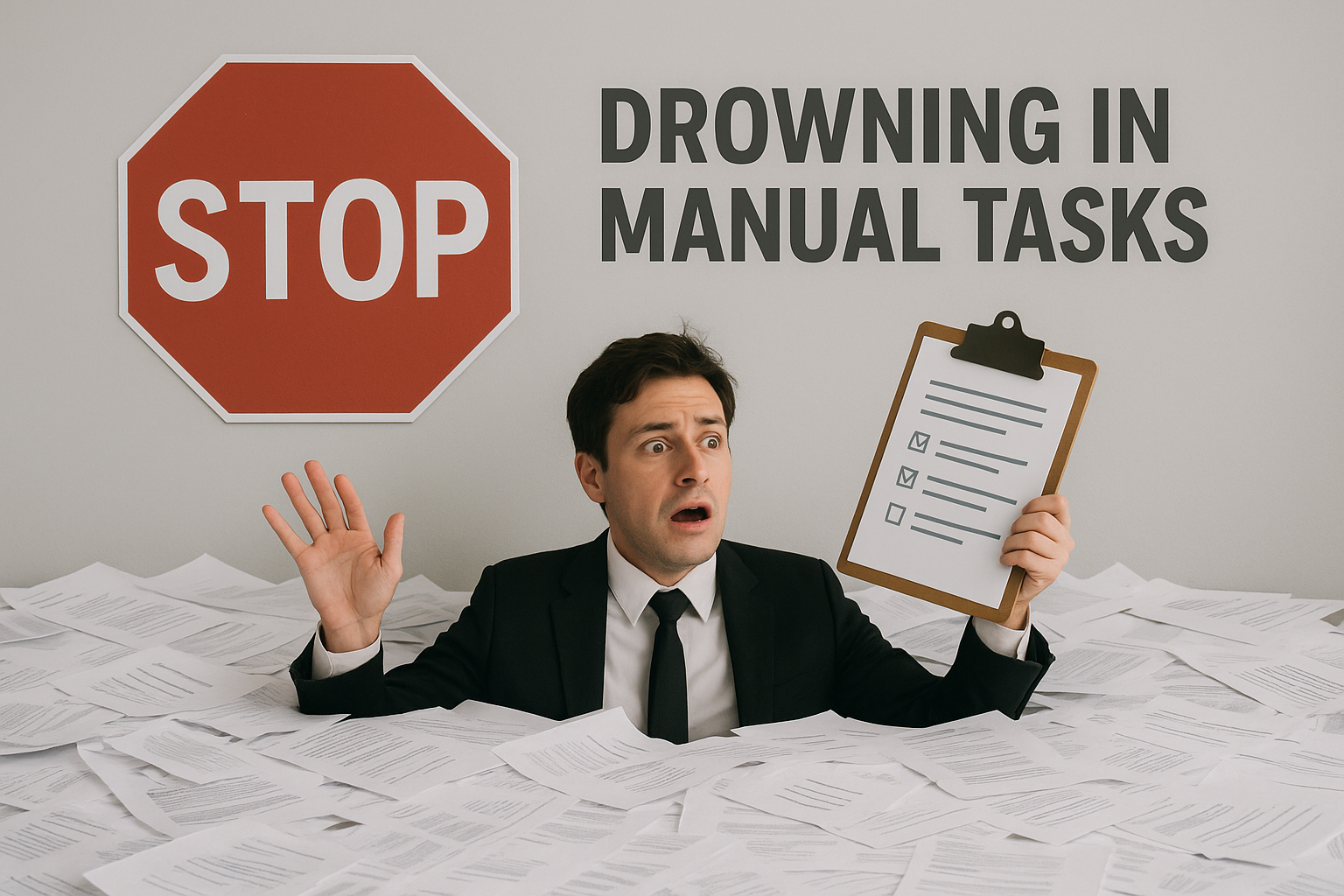Got a passive corporate entity that holds an investment property or perhaps plant and equipment? The ATO has confirmed it takes a broad approach to when a company carries on a "business", which means some company taxpayers may be entitled to business tax concessions they hadn't previously considered. Find out if your company is affected.
It's often obvious when a company is carrying on a business. But many clients have companies set up in their family or business groups for a wide variety of reasons, and whether those entities carry on a "business" may be less clear. Common examples include companies that simply hold assets used by another entity in the group, that receive trust distributions, or that appear to be "inactive" because they no longer trade.
Why does it matter? Whether an entity is considered to carry on a business can affect its tax position in various ways. For example, if it carries on a business it may be able to access the instant asset write-off for small and medium businesses, deductions for start-up expenses, or in some cases the choice to account for GST on a cash basis, among various other measures.
To provide guidance, the ATO has recently published a ruling on when a company is considered to carry on a business – and it confirms that even passive, small-scale or irregular activities will often amount to a "business".
These principles apply not only to the tax concessions mentioned above, but also the specific issue of whether a company qualified for the lower corporate tax rate in the 2015–2016 and 2016–2017 years (which included a requirement that the company carry on a "business"). Therefore, if your family or business group includes company structures that might be affected, consider speaking to your adviser about your tax position in light of the ATO's views.
Profit intention is key
The ATO confirms the general principle that there's no single test to apply when determining whether a business is carried on. Rather, it's a weighing-up of many factors and this will depend on the particular facts.
However, one of those factors – the intention to make a profit – is very influential for companies. Where a company aims to make a profit, and has a prospect of profit, it is presumed that it intends to carry on a business. The ATO says once this profit intention is established, other factors (eg the size and scale of activities, and how regular and repetitive they are) may carry less weight than they would for individuals or trusts.
As a result, companies carry a stronger presumption of a business than individuals or trustees who undertake the same activities. The ATO gives the following examples of companies that are carrying on a business:
- An inactive company with retained earnings that generate bank interest of $12,000 p.a.
- A company that has ceased trading and now leases its plant or equipment to third party operators under a commercial lease agreement.
- A new company that is investigating whether a proposed business would be viable, but is also deriving interest of $9,000 p.a. from the share capital held in its bank account.
- A company that derives passive rental income from real estate at a profit. (It's important to be aware, however, that an asset you use mainly to derive rent is specifically excluded from the small business capital gains tax concessions.)
- In some cases, corporate beneficiaries – even companies set up to repeatedly receive income distributions from a family trust. How those income amounts are then dealt with will impact whether the ATO believes a "business" is carried on.
On the other hand, companies that the ATO would not consider to be carrying on a business include those set up solely to hold and maintain personal use assets (eg a boat or holiday house of the shareholders), or those with no prospect of making a profit.
Reviewing your tax position
Contact us today to discuss how the ATO ruling may affect your company structures.










